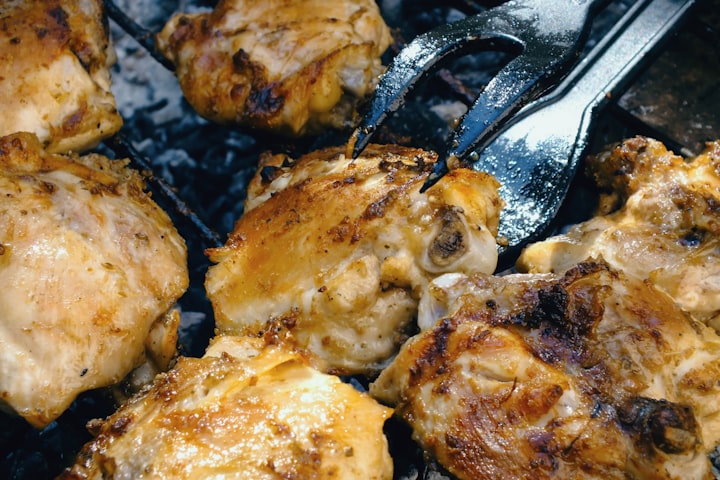Are You Plant-Curious? How Going Meat-Free Is Good for Business
Vegan, vegetarian, flexitarian, or my favourite, ‘plant-curious’ – whatever you call it, going meat free is big news. But what does that mean for the future of the food industry?

Simon Amstell’s hilariously dark mockumentary, Carnage: Swallowing the Past imagines a world where veganism is the norm. Meat eaters are referred to as "carnists" and young people reflect on the UK’s dark history of consuming meat, eggs, and dairy
And Simon should be happy, sales of vegetarian and vegan products are at all-time high.
Carnage is absurd, funny and thought-provoking — a world where men meet women in dark alleys to buy breast milk in order to get their dairy fix and where teenagers can’t imagine how their grandparents could ever have eaten "an innocent little baby lamb." But, could a world without mass factory farming ever be a reality?
Over 12% of the UK population identify as either vegan or vegetarian, and 20% of 16-25 year olds self-identify this way. A recent poll shows that there are over three million vegetarians in the UK today and research, drawn up by Forum for the Future, shows that 40 percent of people in the UK have expressed an interest in eating less meat, without becoming vegetarian. A far-cry from the stereotypical hipsters and hippies, it looks like meat-free is about to become mainstream.
Vegan and vegetarian food producers have reported a rise in sales, however the UK is not about to turn vegetarian any time soon. The key push is for meat-reduction as the general public becomes more aware of global farming and its impact on our planet, as well the health benefits which cutting down on our meat intake can have.
Mike Botha, founder of Hooba Foods, a vegan food company based in the UK, said, “We believe in less meat, not necessarily no meat at all. Seven billion people live on planet Earth. We rear 70 billion farm animals to feed us. That’s us well and truly outnumbered! Do we really need all these farm animals? The truth is that we don’t. We 'grow' enough food to feed 12-15 billion people. However, 1 billion people are starving each day. How is this possible?
"Not only that, the NHS recommends that an adult eats no more than 70 grams of red or processed meat per day to reduce the risk of high blood pressure, heart disease, Type 2 diabetes, and even cancer. You don’t need to go completely vegan, just cutting down on your meat consumption is good for you as well as the planet.”
Supermarkets and big brands are starting to catch on to the growing base of customers who want to adopt a more plant-based diet. Sainsbury’s have recently launched a new, clearer way of labelling their vegan and veggie products and Tesco’s "free-from" range hangs proudly from store ceilings, encompassing gluten and sugar-free products too.
Amstell’s vision looks unlikely, 55 billion animals are killed by the global farming industry each year, and this figure is on the rise. However, the rise in awareness of its global impact could mean that the public are starting to seriously consider what they are consuming, and how it affects their health as well as the future of the planet.





Comments
There are no comments for this story
Be the first to respond and start the conversation.